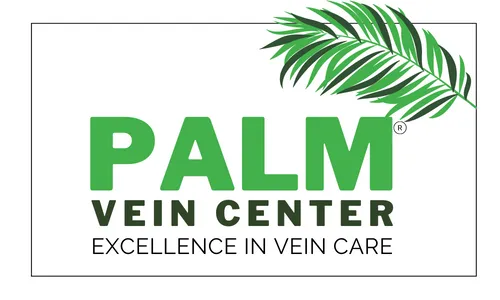
Media
Blog

Am I at Risk for Deep Vein Thrombosis?
Deep vein thrombosis (DVT) happens when a blood clot forms in one of your deep veins.
These clots usually form in the legs, but can also occur in the pelvis or arms. The area may hurt and swell, but sometimes there are no symptoms. The danger is that the clot will break loose and spread to the lungs, which can be life-threatening.
Your risk of deep vein thrombosis is higher if you’re over 60, but DVT can affect people of any age. For instance, tennis star Serena Williams had to be rushed to the hospital in 2011 when she developed a pulmonary embolism—a blockage in an artery of her lung—from DVT. She had recently had foot surgery and had taken a long flight from New York to Los Angeles—both of which put her at risk.
The Risk Factors
Your risk of deep vein thrombosis goes up if you:
Have a personal or family history of DVT.
Are pregnant or have recently given birth (within the past six weeks)
Have an inherited disorder that causes your blood to clot more easily.
Smoke.
Have a deep vein injury, for instance through surgery or some other trauma.
Aren’t able to move much, causing your blood to slow. This can happen when you’re traveling in tight quarters for many hours on an airplane or when you’re bedridden after surgery or an illness.
Are being treated for cancer. Some types of cancer and some types of cancer treatment increase the risk of blood clots.
Have inflammatory bowel disease.
Have a central venous catheter. These are sometimes used to administer medicine directly into the bloodstream.
Take medications that cause blood to clot more easily, such as birth control pills or hormone therapy.
Are overweight.
Have heart disease or lung disease.
Minimizing Risk
If you have a number of risk factors, you may want to talk to your doctor about using compression stockings or taking blood-thinning medications.
Try to eliminate the risk factors you can. For instance, quit if you’re a smoker, and try to lose weight if you’re heavy. And be sure to get up and move around occasionally if you’re traveling long distances in a plane or car.
When to Seek Help
If you have pain or swelling in your leg, see your doctor right away. If you have symptoms of pulmonary embolisms—such as sudden shortness of breath, dizziness or fainting, chest pain that’s worse when you take a deep breath, or coughing up blood—get emergency help immediately.
The advice and information contained in this article are for educational purposes only and are not intended to replace or counter a physician’s advice or judgment. Please consult your physician before taking any advice learned here or in any other educational medical material.
For more information on vein diseases and the treatments provided by the specialists at Palm Vein Center or to make an appointment, call 623-201-4777. We look forward to meeting you!
Dr. Para Presents
Free Screening! Need Compression Socks or Hose? We Got You!
Our office has a wide selection of styles, sizes, and colors. If the patient does not see the product they want, we can have them delivered to our clinic for pick up or we can ship locally.
Palm Vein Center
SURPRISE
16944 W Bell Rd, Suite #603
Surprise, AZ 85374
PHOENIX
6170 51st Ave Suite 102
Laveen Village, AZ 85339
Hours of Operation:
Monday - Thursday 8:00am to 5:00pm
Friday, Saturday & Sunday CLOSED
Asclera
Ambulatory Phlebectomy
Compression Stockings by Medi
Endovenous Laser Treatment
Endovenous Radio- Frequency
Light Guided Sclerotherapy
Accreditations


SURPRISE
16944 W Bell Rd, Suite #603
Surprise, AZ 85374
PHOENIX
Hours of Operation:
Monday - Thursday 8:00am to 5:00pm
Friday, Saturday & Sunday CLOSED
Asclera
Ambulatory Phlebectomy
Compression Stockings by Medi
Endovenous Laser Treatment
Endovenous Radio- Frequency
Light Guided Sclerotherapy





